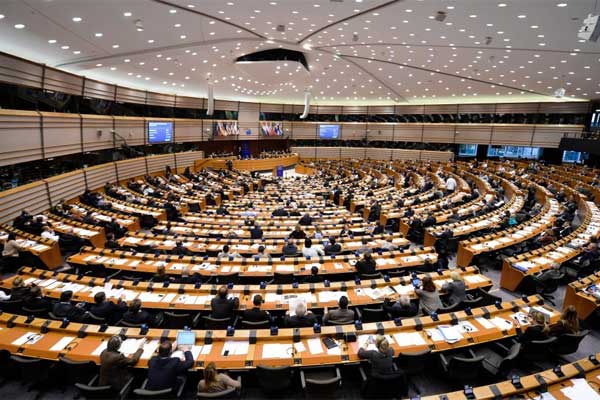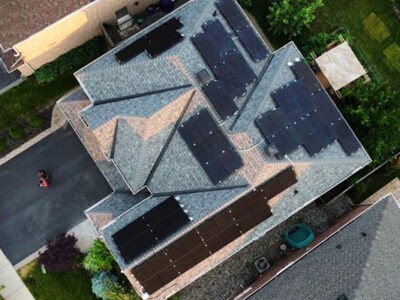Emissions are set to rise up until 2040 even if governments manage to meet their existing climate targets, according to the 2019 International Energy Agency’s (IEA) annual World Energy Outlook.
The emissions will continue rising despite the profound shifts already underway in the global energy system.
Moving towards a scenario that could give a 50 percent chance of keeping warming below 1.65°C would require a “significant reallocation” of investment away from fossil fuels towards efficiency and renewables.
The world’s reliance on fossil fuels is still extremely high, with a large gap between expectations of fast, renewables-driven energy transitions and the reality of today’s energy systems.
Carbon emissions from the global energy industry reached a new record last year, despite progress in renewables, and the IEA warned a “grand coalition” of governments and investors will be required to end this upwards trend.
In that light, the European Parliament has declared a global “climate and environmental emergency” and urged all EU countries to commit to net-zero greenhouse gas emissions by 2050.
The EU legislature voted in favor of the declaration with 429 lawmakers for, 225 against and 19 abstaining.
Getting the resolution agreed wasn’t without its drama, says Politico, with concerns it would be a purely symbolic PR stunt – a sign of how deeply divided Europe’s political groups are on the specifics of fighting climate change.
“Europe is the first continent to declare climate and environmental emergency,” said Pascal Canfin, chairman of the European Parliament’s environment committee, reports EurActiv.
He added: “And it’s a very strong message, first to European citizens and to the rest of the world, just before COP25, and after Trump confirmed the United States’ withdrawal from the Paris Agreement.”
A survey by the European Investment Bank, which announced divestment from fossil fuel investments, suggests that “almost half of all Europeans fear climate change more than losing a job or of a terrorist attack”.
















Comments